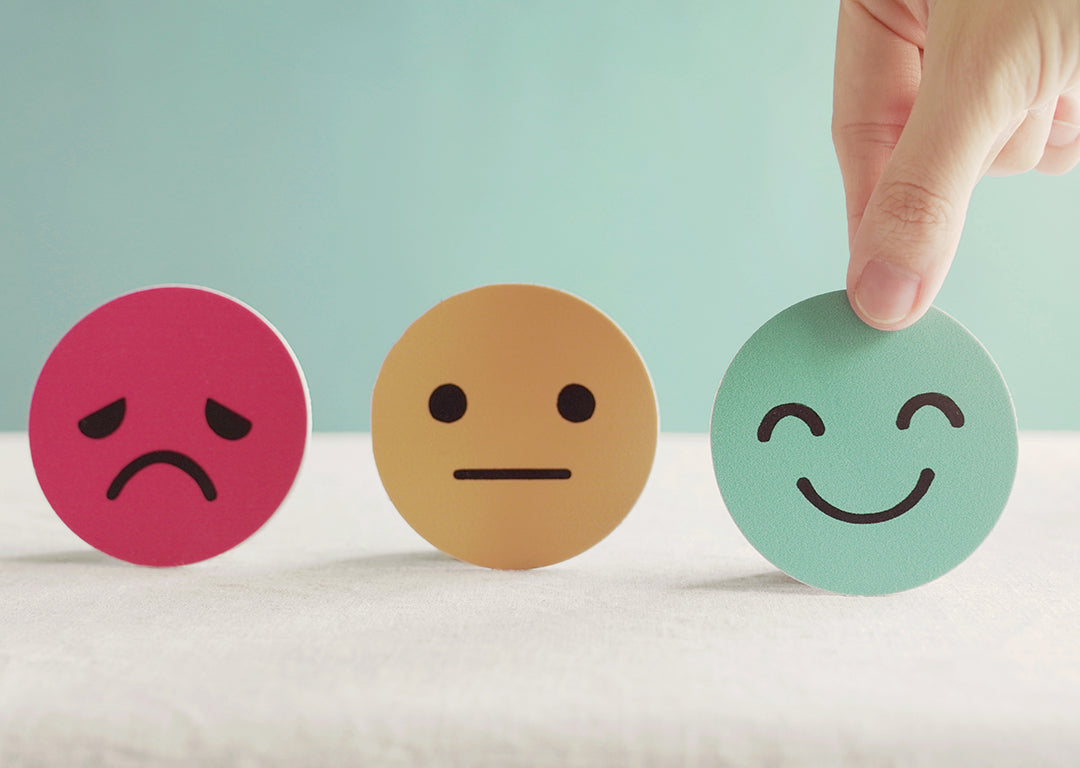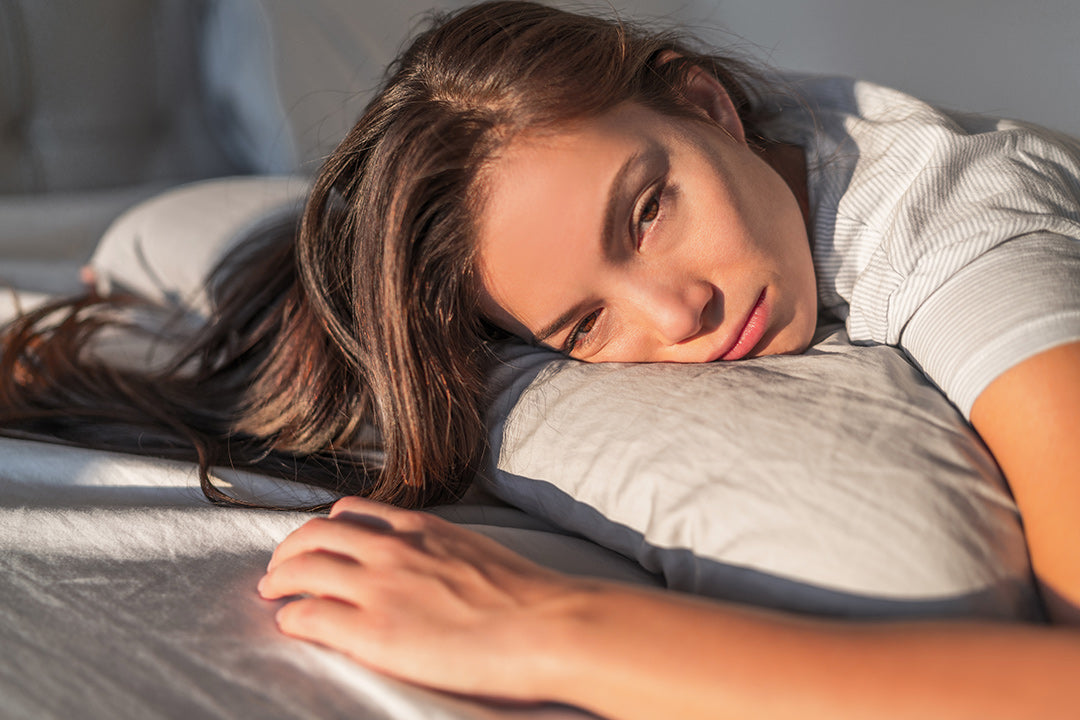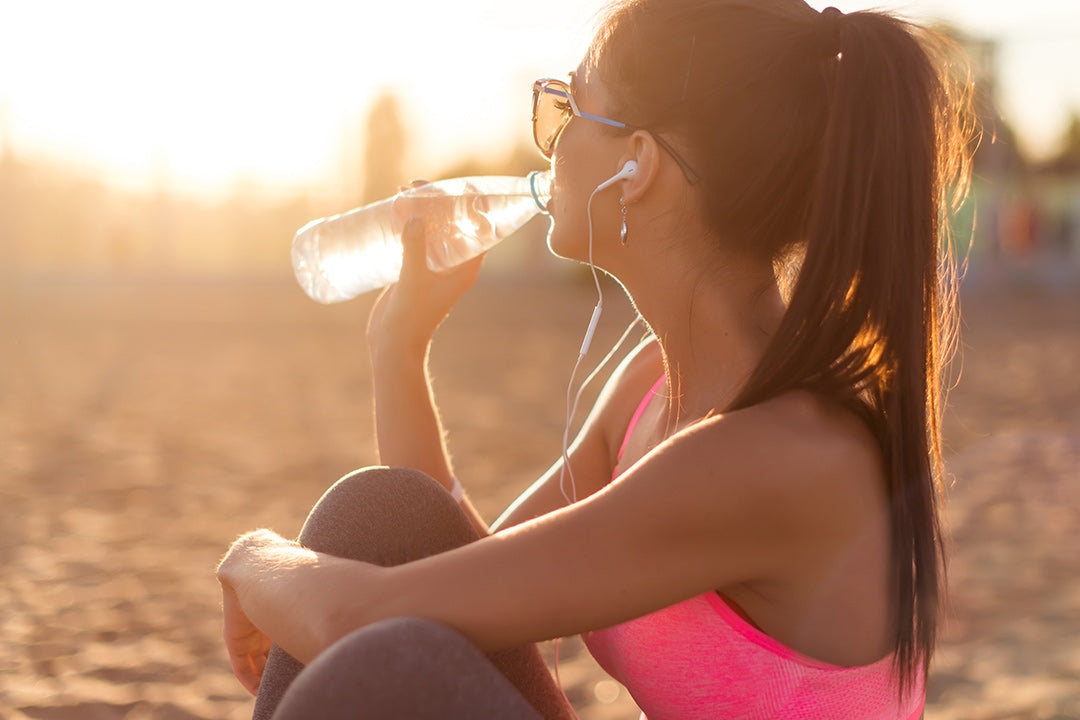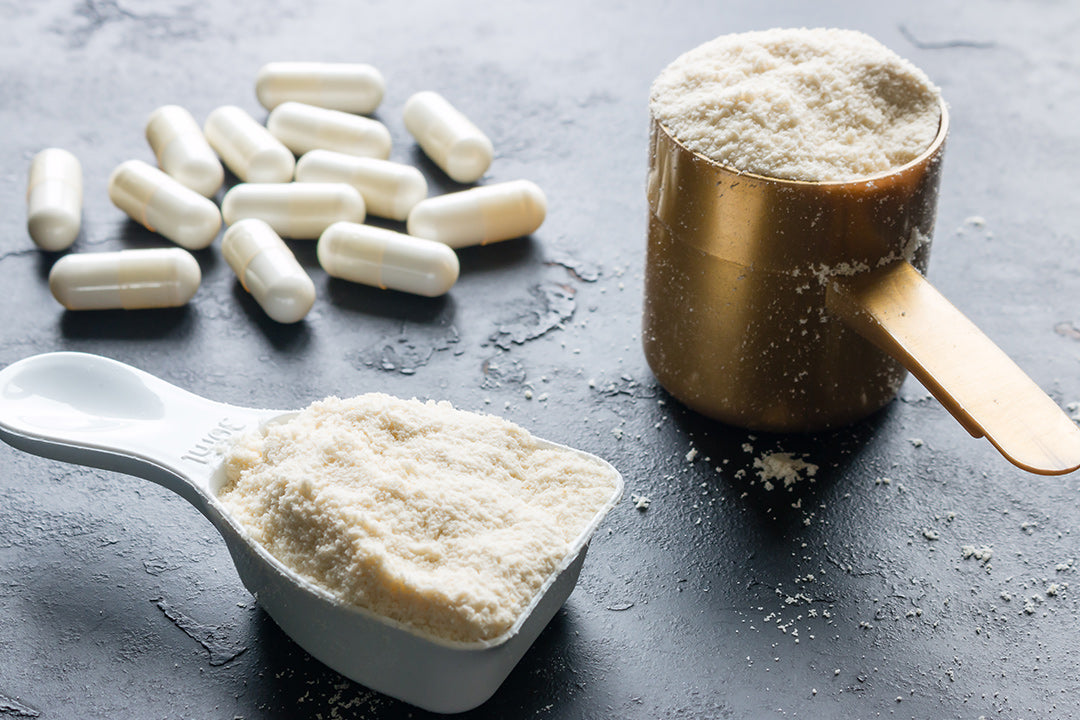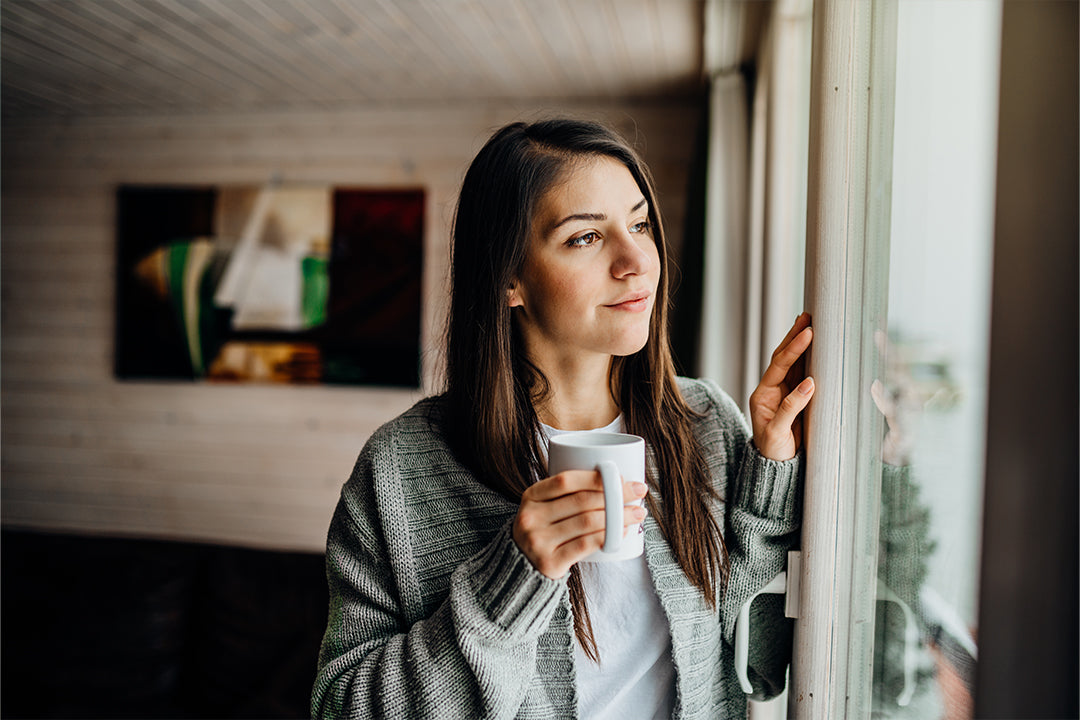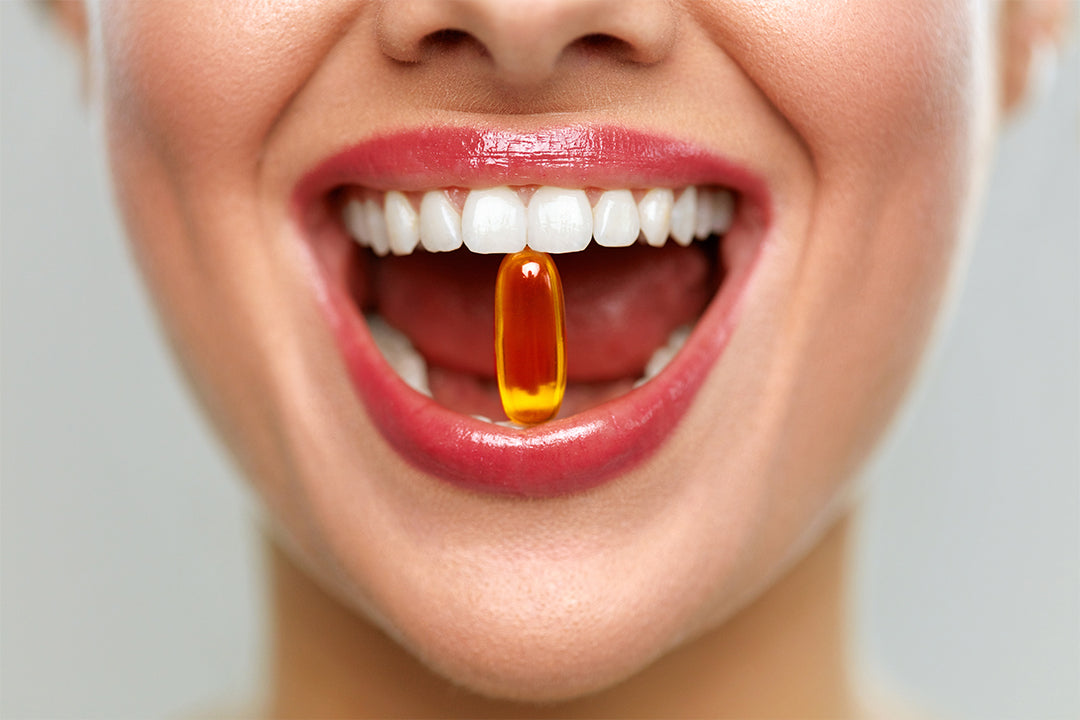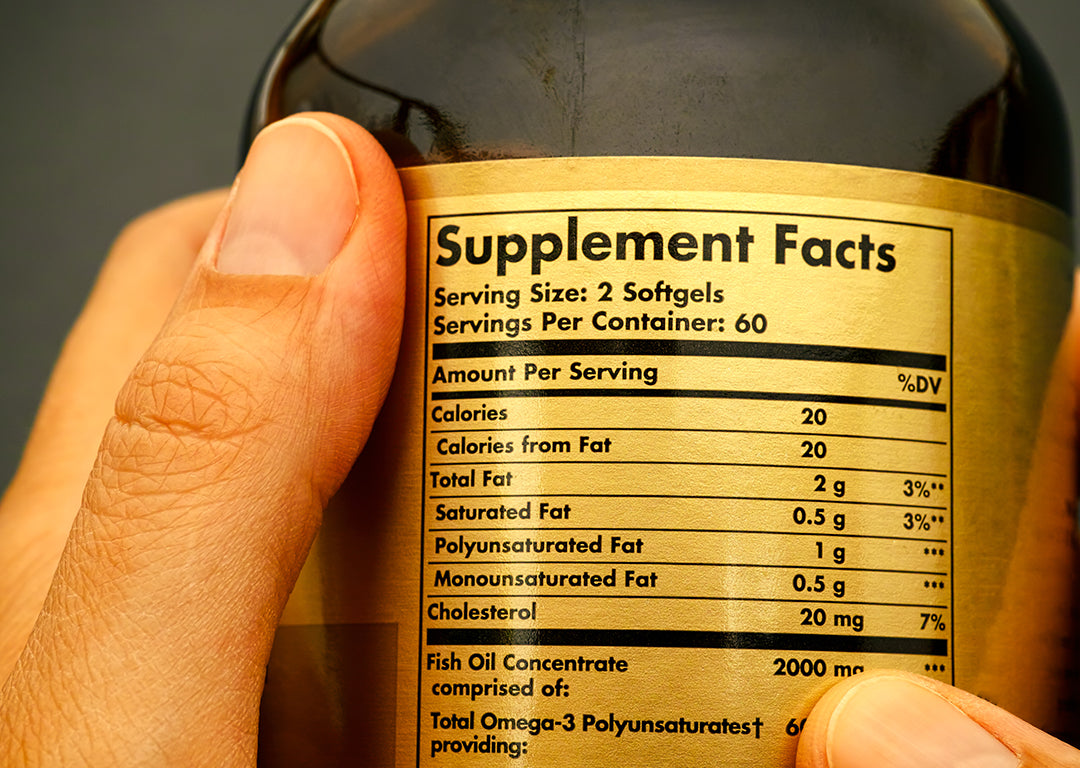
- Apr 22, 2021
- 0 Comment(s)
One Year Later: Keeping Your Mental Health in Check During the Covid Pandemic
When news of the Covid-19 pandemic broke, some of us hit the ground--or rather, whatever floorings are in our homes-- running when we were first told to stay indoors for “two weeks.” To the people who had been go-go-go for what had felt like decades, a chance to stay in and work on our homes and ourselves seemed like a gift.
We organized. We de-cluttered. We somehow figured out how to transition our entire lives from in-person to Zoom and Facetime calls. We ordered the comfiest loungewear we could find online and binged every show we possibly could. But two weeks turned into months, and here we are a year later in this strange gray area of “Is it actually safe to do this now?” The vaccines have rolled out, and millions of people are now successfully vaccinated. Cities have opened back up, we can now dine indoors in some places, and things are starting to look like normal again.
But, if you’re going through the motions you were once so accustomed to and are still finding your mental health is suffering, you’re not alone. According to Dr. Samantha Meltzer-Brody, chair of the department of psychiatry at UNC-Chapel Hill, "There are people who have barely left their houses in a year and that causes all kinds of problems because it can lead people to agoraphobia.” That fear of leaving the house is absolutely normal, although it can feel anything but, especially if you were a social butterfly pre-global crisis. While it’s still not particularly safe to head to a packed bar and party into the wee hours of the night as if Covid-19 never existed, you can begin to pick up the pieces and move forward.
Some people have had zero issues transitioning from being mostly quarantined to a post-lockdown life. But some people are struggling immensely. If you’re the latter, here are a few ways you can keep your mental health in check a year into the Covid-19 pandemic.
Baby Steps
Exposure therapy involves safely confronting the sources of your fear. If you are suffering from anxiety in outdoor and social situations, you can start the process slowly by doing something as simple as taking a walk with a friend or two. You can opt to wear a mask and get out into the fresh air to explore some areas of town you’ve missed dearly. Some outdoor farmer’s markets are still doing a great job at keeping the capacity low and making sure precautions are taking place.
If you do feel yourself starting to get anxious or uncomfortable, focus on your breathing or change the scenery. Maybe that park you chose is too populated for your comfort, or maybe you just hit your limit and need to head back home. And that’s okay. These are meant to be baby steps, after all, not giant leaps.
Plan A Covid-Safe Getaway
You don’t need to hop on a plane to get away; you can plan a road trip with your partner or BFF and either camp or stay in an Airbnb that’s following strict Covid-19 cleaning procedures. Getting a change of scenery can do wonders for your mental health, especially if you’ve been working from home and haven’t seen much beyond the confines of your own home for the last year. If you’re able to get out and camp (or glamp, if that’s more your style), you can easily avoid being around too many people while still enjoying some R&R.
Socialize In Small Gatherings With The Right People
If you’ve taken all the walks you can possibly handle, or if it’s just not a physical possibility, you can find Covid-safe activities to keep your anxiety at bay while still socializing with loved ones who bring joy to your life and don’t unnecessarily add to your stress levels.
An outdoor picnic, whether in your own backyard or at a park, can be a great way to get together with the people you’ve not been able to see for far too long. You can all bring your own snacks or meals and remain at a safe distance and wear masks if one or several guests have not been fully vaccinated or are opting not to be vaccinated.
Many cities are now hosting drive-in movies where you don’t even have to get out of the car in order to be out and around people.
Switch Up Your Routine
One of the biggest pieces of advice given at the start of lockdown was to develop a routine and stick to it. Now that restrictions have been lifted a bit, you can switch that routine up! Instead of getting your usual at-home workout in, try heading outside to get your fitness on. Or, you can try to meet with a friend once a week for lunch outside. Whatever activity you feel comfortable doing, try to incorporate that into your routine as often as you can.
Try Energy Journaling
Energy journaling is a method for noting which types of activities give us energy and which ones drain us. You can make it a part of your wellness practice to help you figure out how certain activities make you feel and if they’re adding to your life or taking away from it.
Much like what putting into your body can either give it a boost or leave you feeling down or uncomfortable, the actions we do daily affect us in a way we may not fully be conscious of. You don’t need to be writing a daily dissertation-- just give yourself some time throughout the day, maybe a few minutes here and there, to record how you’re feeling and what led up to that point.
Go Easy On Yourself
For those familiar with the effects of anxiety, “go easy on yourself” seems like a pipe-dream. But the reality is our lives have drastically changed. This is not just you problem, and it’s okay to have down days. What’s important right now is that you take efforts, whether big or small, to lift yourself up so you can begin to heal as your life returns to a more pre-Covid pace. There is no right or wrong way to really do it! Just be mindful as you go about your day: What is boosting you up, and what is making you feel worse or feel no change at all? Which friends are helping you feel like yourself again?
Protecting your energy is important, and try to keep in mind this is not forever. Yes, Covid-19 has turned your world-- and everyone else’s-- around. But you’re not alone in this madness.


